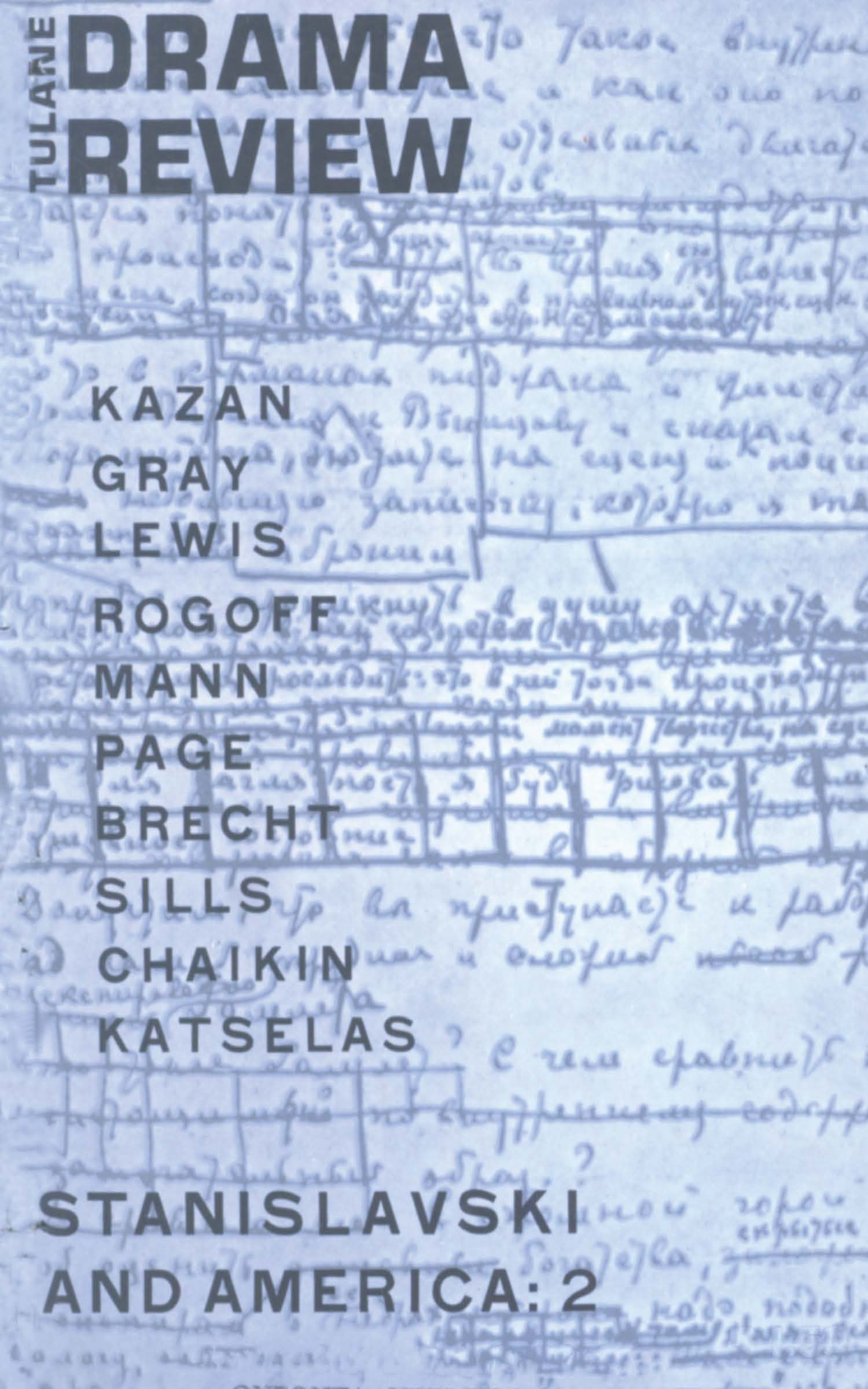No CrossRef data available.
Article contents
An Unfashionable View of Tennessee Williams
Published online by Cambridge University Press: 14 February 2022
Extract
The fashionable view of Tennessee Williams at the moment is to see through him, to be above his sort of thing. Miss Signi Falk strikes the note in a recent article in Modern Drama when she says of his characters, “Most of them according to discriminating critics have been more deeply affected by the theatre than by life.” This position is an easy one just at present for two reasons. It has a certain degree of truth, and it has the support of most contemporary critics, discriminating or otherwise. Its danger, the danger of most easy positions, is that it tends to simplify Williams and make of him not a serious writer at all but a sensation monger. Henry Popkin would go so far as to say that he discloses only “the monstrosities of the nightmare, embellished by the playful ingenuity of a Gothic temperament.”
- Type
- Research Article
- Information
- Copyright
- Copyright © The Tulane Drama Review 1962
References
Notes
1 This view in one form or another is fairly commonplace. The most intelligent form I have seen it take is in Robert Brustein's comments on Sweet Bird of Youth in the June 1959 issue of Encounter.
2 For an excellent definition of “the life of unreflective impulse” and its dangers see Ivor Winters’ chapter in In Defense of Reason entitled “The Significance of the Bridge by Hart Crane” from which I borrowed the phrase.




